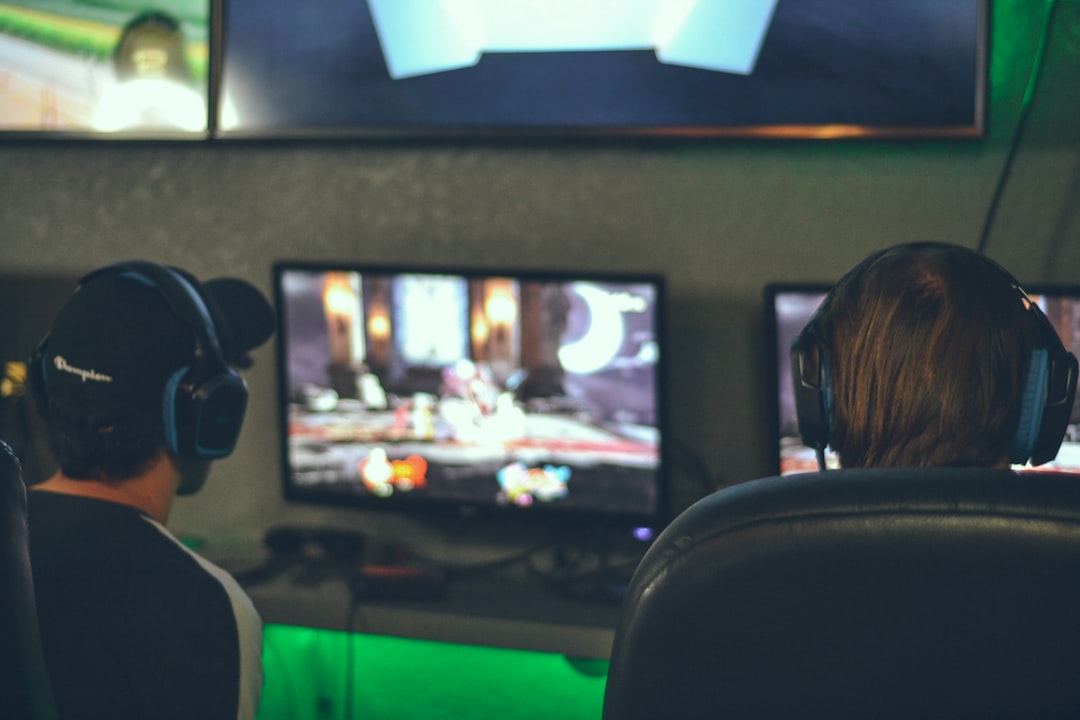The Role of Gaming in Education: Changing the Way Students Learn
In recent years, the integration of gaming in education has gained increasing recognition as a powerful tool to engage students and enhance their learning experience. With the rapid advancement of technology, traditional teaching methods are being transformed to incorporate interactive and immersive gaming elements that cater to the interests and learning preferences of today’s tech-savvy students. This blog post explores the role of gaming in education and the positive impact it has on student learning.
One of the primary benefits of gaming in education is its ability to foster student engagement. Unlike traditional teaching methods that rely heavily on lectures and textbooks, educational games offer a dynamic and interactive learning environment that captivates students’ attention. By presenting content in a gamified format, learners become active participants in their own education rather than passive recipients of information. This increased engagement not only makes learning more enjoyable, but also promotes higher levels of motivation and participation.
Furthermore, educational games have the potential to personalize the learning experience for each individual student. By adapting to the learner’s progress and performance, these games can offer personalized feedback and challenges that cater to their specific needs and learning styles. This individualized approach addresses the diverse range of learning abilities and preferences within a classroom, ensuring that no student is left behind or unchallenged. By tailoring the content and pace of learning to each student, gaming in education promotes a more inclusive and effective learning environment.
Gaming also enhances critical thinking and problem-solving skills. Many educational games require players to analyze complex situations, make decisions, and solve problems in order to progress. This promotes the development of crucial skills such as critical thinking, problem-solving, and strategic planning. Students are not only able to apply their knowledge in a practical context, but also learn to think critically and creatively, fostering important cognitive skills that can be transferred to real-life situations.
In addition, collaboration and teamwork are key aspects of gaming in education. Many educational games are designed to be played in teams, encouraging students to work together to achieve common goals. This promotes communication, cooperation, and the development of social skills, all of which are important in today’s interconnected world. Gaming in education provides a platform for students to learn how to effectively collaborate, negotiate, and communicate with others, skills that are highly valued in both academic and professional settings.
While some may argue that gaming in education may distract students and divert their attention from traditional subjects, studies have shown that educational games can actually enhance academic performance. Research conducted at various educational institutions has consistently shown that students who engage in educational gaming demonstrate higher levels of comprehension, retention, and problem-solving abilities compared to those who rely solely on traditional teaching methods. Gaming in education has the potential to bridge the gap between formal education and the digital world that students are so familiar with, creating a more relevant and effective learning experience.
In conclusion, gaming in education is revolutionizing the way students learn by providing a dynamic, engaging, and personalized learning environment. By fostering student engagement, enhancing critical thinking and problem-solving skills, promoting collaboration, and improving academic performance, educational games have become an indispensable tool in modern education. As technology continues to advance, the integration of gaming in education will continue to evolve, further enhancing the learning experience for students and preparing them for the challenges of the 21st century.

